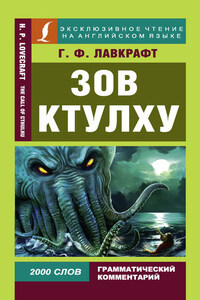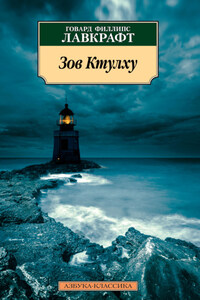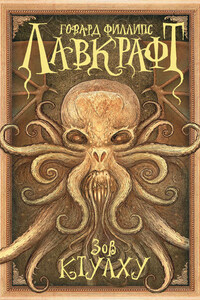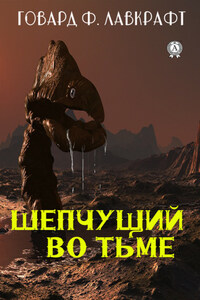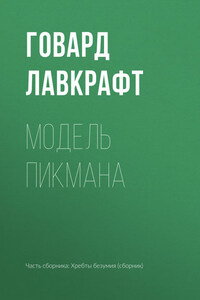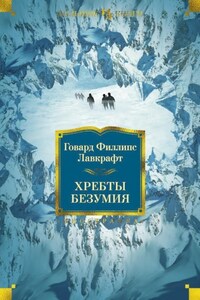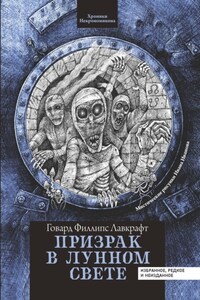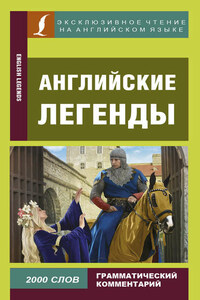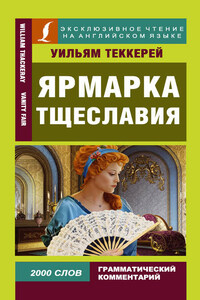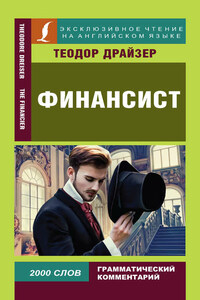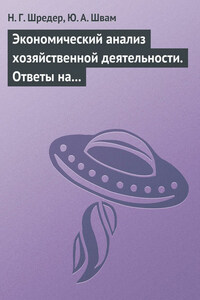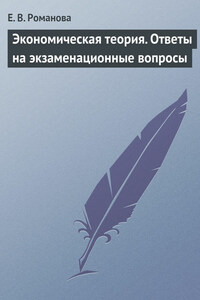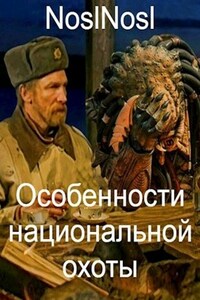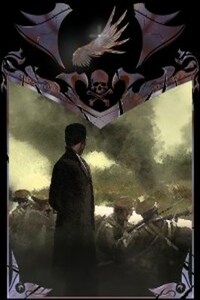Зов Ктулху / The Call of Chulhu
Автор книги - Говард Лавкрафт. Произведение относится к жанру ужасы. Оно опубликовано в 2017 году. Международный стандартный книжный номер: 978-5-17-104404-6. Книга является частью серии: Эксклюзивное чтение на английском языке.
Говард Филлипс Лавкрафт является одним из самых влиятельных писателей двадцатого века. Его произведения смешивают фантазию и научную фантастику с хоррором, открывая дверь в обширную, тёмную вселенную, полную невообразимых миров и существ. В истории, положившей ей начало, рассказывается о древней сущности, спящей на дне океана; сущности, желающей вырваться, чтобы подчинить себе жизнь на планете.
Тексты произведений сокращены и адаптированы, снабжены грамматическим комментарием и словарем, в который вошли ВСЕ слова, содержащиеся в текстах. Благодаря этому книга подойдет для любого уровня владения английским языком.
- Зов Ктулху / The Call of Chulhu
- Ярмарка тщеславия / Vanity Fair
- Английские легенды / English Legends
- Финансист / The Financier
